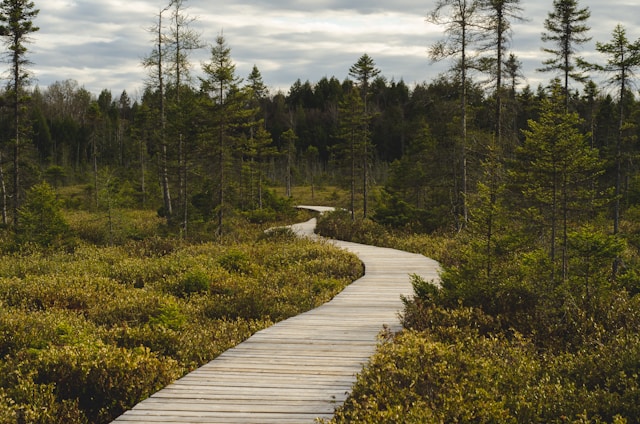Researchers now claim there could be hundreds of terpenes in cannabis, many of which we don’t know much about. These terpenes not only give cannabis strains their unique scents, they may produce distinctive effects on our ECS.
Of the many terpenes in hemp and cannabis, myrcene is arguably the best known. Not only does myrcene have a noticeable scent, it’s one of the most abundant terpenes in hemp and marijuana. If you’ve already tried full-spectrum CBD oils, you’ve probably swallowed slight traces of myrcene. Therefore, CBD hemp fans should learn more about this influential terpene.
What Should Everyone Know About Myrcene? — A Few Key Facts
As noted in the intro, myrcene is an abundant terpene in cannabis strains. However, you won’t just find myrcene hanging out in hemp flowers. You can find plenty of myrcene in tropical fruits, especially mangoes. Hence, higher concentrations of myrcene often give cannabis strains a sweeter flavor profile. Some people also claim myrcene can give off a slightly “musky” scent in well-cured hemp flowers.
Interestingly, myrcene percentages tend to be higher in indica dominant cannabis strains. Some researchers believe myrcene may be responsible for the supposed “sedating” effects indicas have on users versus sativas. Some preliminary evidence suggests myrcene has a relaxing and potentially soothing effect when used in isolation.
So, How Does Myrcene Affect CBD Hemp?
If a CBD hemp strain has higher concentrations of myrcene, there’s a good chance it will have a more “body-heavy” effect on users. While research into myrcene’s effects is preliminary, most people believe it has profoundly relaxing properties. Therefore, it’s best to test CBD hemp strains with tons of myrcene later in the day when you have free time.
As far as taste is concerned, myrcene will usually add sweet aromatics to hemp flowers. Unsurprisingly, since myrcene is naturally present in mangoes, it can add tropical flavors to a CBD hemp joint. Myrcene may also add “smoky” flavors that could resemble hash.
Just remember that myrcene won’t make CBD hemp flowers get users “stoned” or “couchlocked.” CBD hemp always has ≤ 0.3 percent delta-9 THC, and both CBD and myrcene have zero psychoactive properties. Instead, myrcene may gently enhance CBD’s relaxing properties without causing a “high.”
Can You Find Myrcene In CBD Oil?
Myrcene is commonly present in commercially-available CBD oils, especially if you have a full-spectrum product. Full-spectrum CBD products aren’t as refined as broad-spectrum extracts. So, there’s a better chance you’ll see a higher percentage of myrcene in full-spectrum CBD oils.
However, that doesn’t mean myrcene can’t make an appearance in broad-spectrum CBD oil. While broad-spectrum CBD has to go through extra purification to get rid of delta-9 THC, terpenes can appear in a broad-spectrum oil. Keep in mind that most terpenes are sensitive to the high temperatures used in CBD extraction. The more often CBD oil has to go through purification chambers, the less likely terpenes like myrcene will end up in the final product.
The only way to know whether myrcene is in your CBD oil is to ask for a third-party lab result. Typically, companies will provide a detailed list of terpenes in this report so you can see what made it into the final product.
If you need extra help deciphering third-party lab results for CBD products, please take a few moments to explore Real Tested CBD’s website. We have countless reviews on CBD oils, topicals, and flowers, many of which contain terpenes like myrcene.
Most Recent Tested products

















Leave a Comment